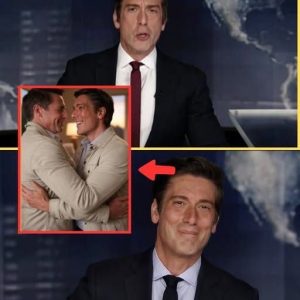Former White House Press Secretary Jen Psaki sparked backlash this week after making disparaging remarks about Vice President J.D. Vance and his wife, Usha, during an appearance on the “I’ve Had It” podcast. Psaki called Vance a “little Manchurian candidate” and accused him of being “willing to do anything” to achieve his political ambitions. She also criticized his charisma, calling him “a politician with no rizz,” and said he was “scarier in certain ways” than former President Trump.
Psaki’s comments extended to Vance’s marriage, joking about Usha Vance’s mental state with lines such as, “Are you OK? Blink four times. Come over here, we’ll save you.” These personal attacks drew immediate criticism from multiple quarters.
J.D. Vance responded by defending his wife, calling the remarks “disgraceful,” and emphasizing that Usha can speak for herself. He praised his wife and described himself as “honored” to have her by his side. White House Communications Director Steven Cheung also condemned Psaki, labeling her “a dumba** who has no comprehension of the truth” and accusing her of projecting personal issues onto others.
Social media and political commentators widely criticized Psaki’s remarks as unprofessional and sexist, questioning the ethics of targeting a politician’s spouse. The incident highlights ongoing debates about the boundaries of political commentary, media bias, and the role of personal attacks in public discourse.
The controversy has stirred public discussion on civility in politics, leaving many questioning whether former government officials should make personal jokes about public figures and their families, even in media appearances.




